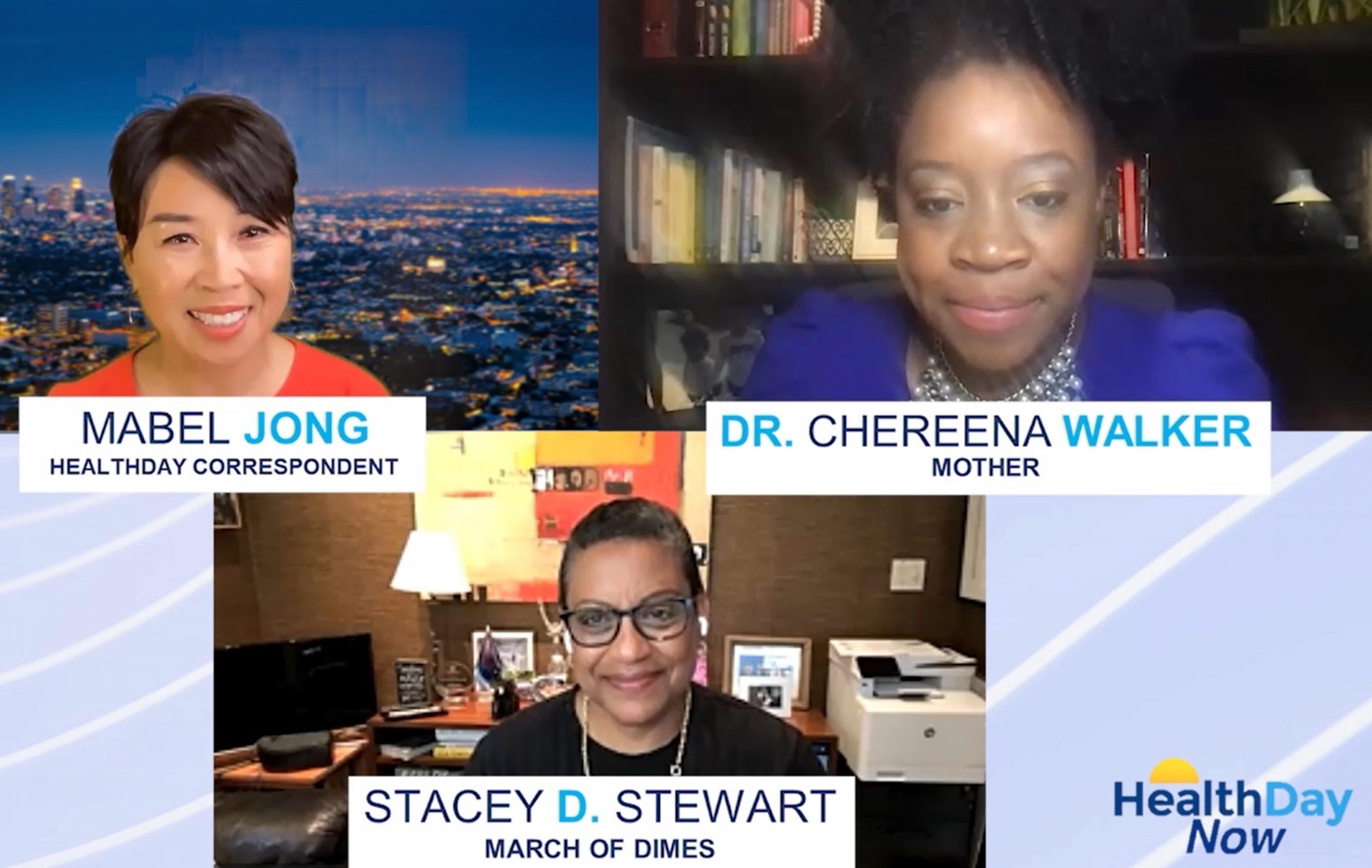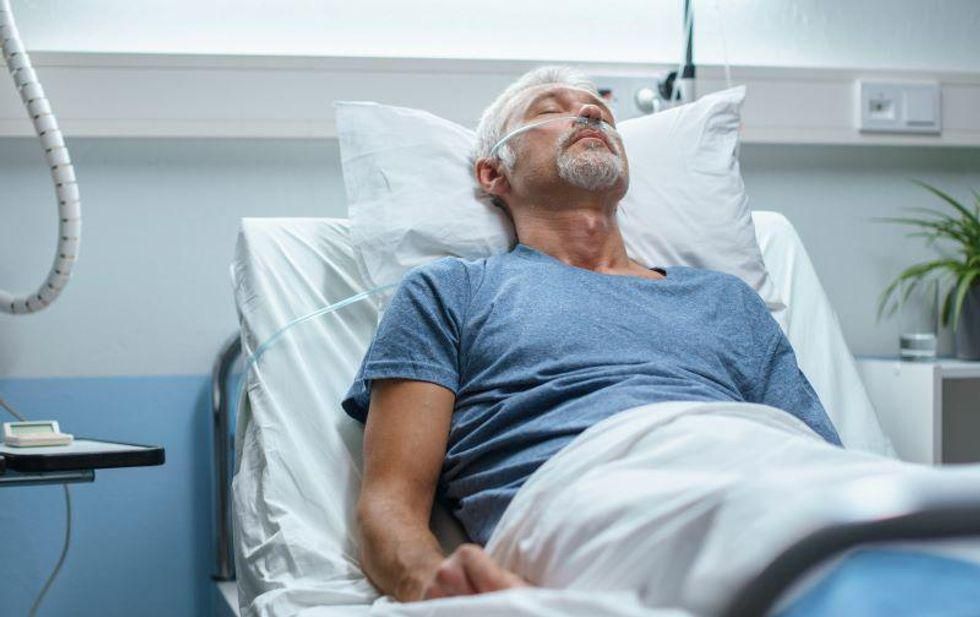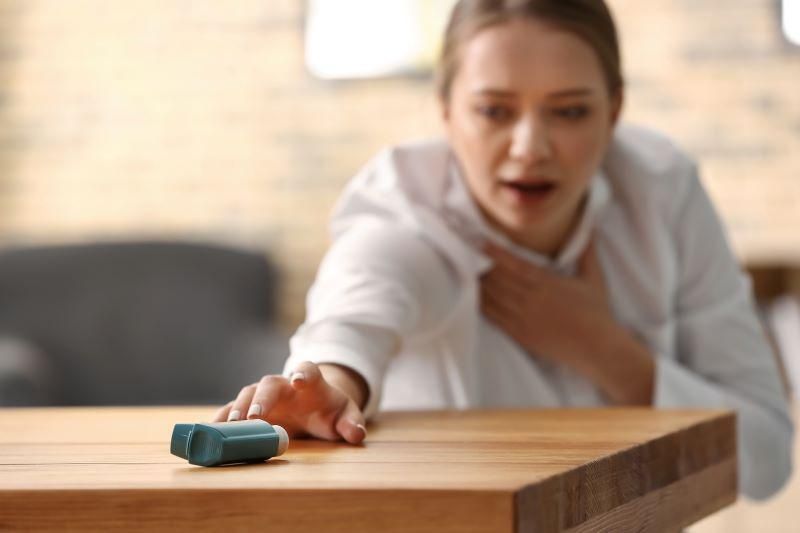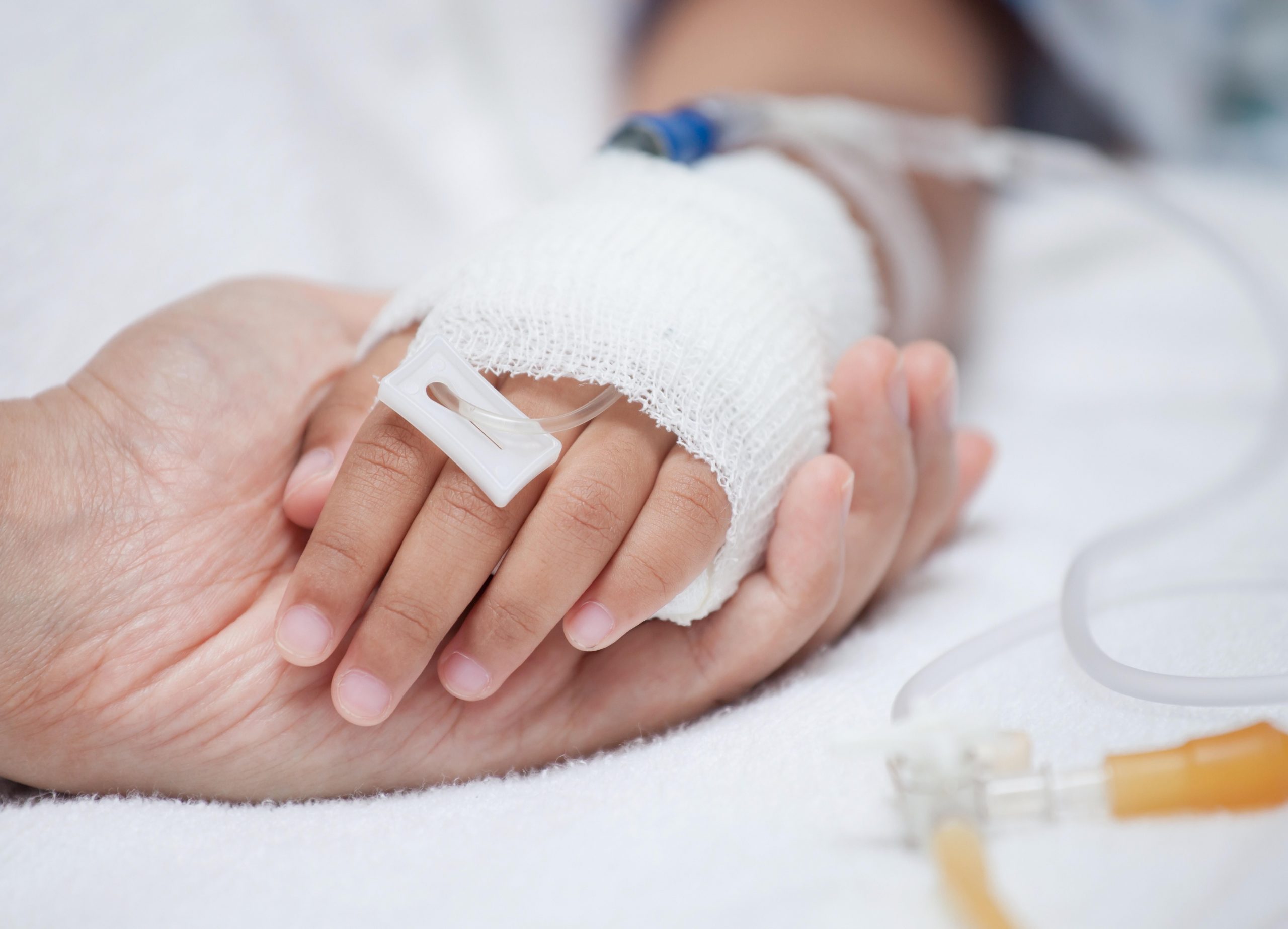
COVID-19 might be easing into a new status as a widely circulating and somewhat harsher version of the common cold, experts say — a virus that folks could contract repeatedly, even if they were recently infected. “[SARS-CoV-2] is destined to join four of its family members and become an endemic coronavirus that will repeatedly infect… read on > read on >






























